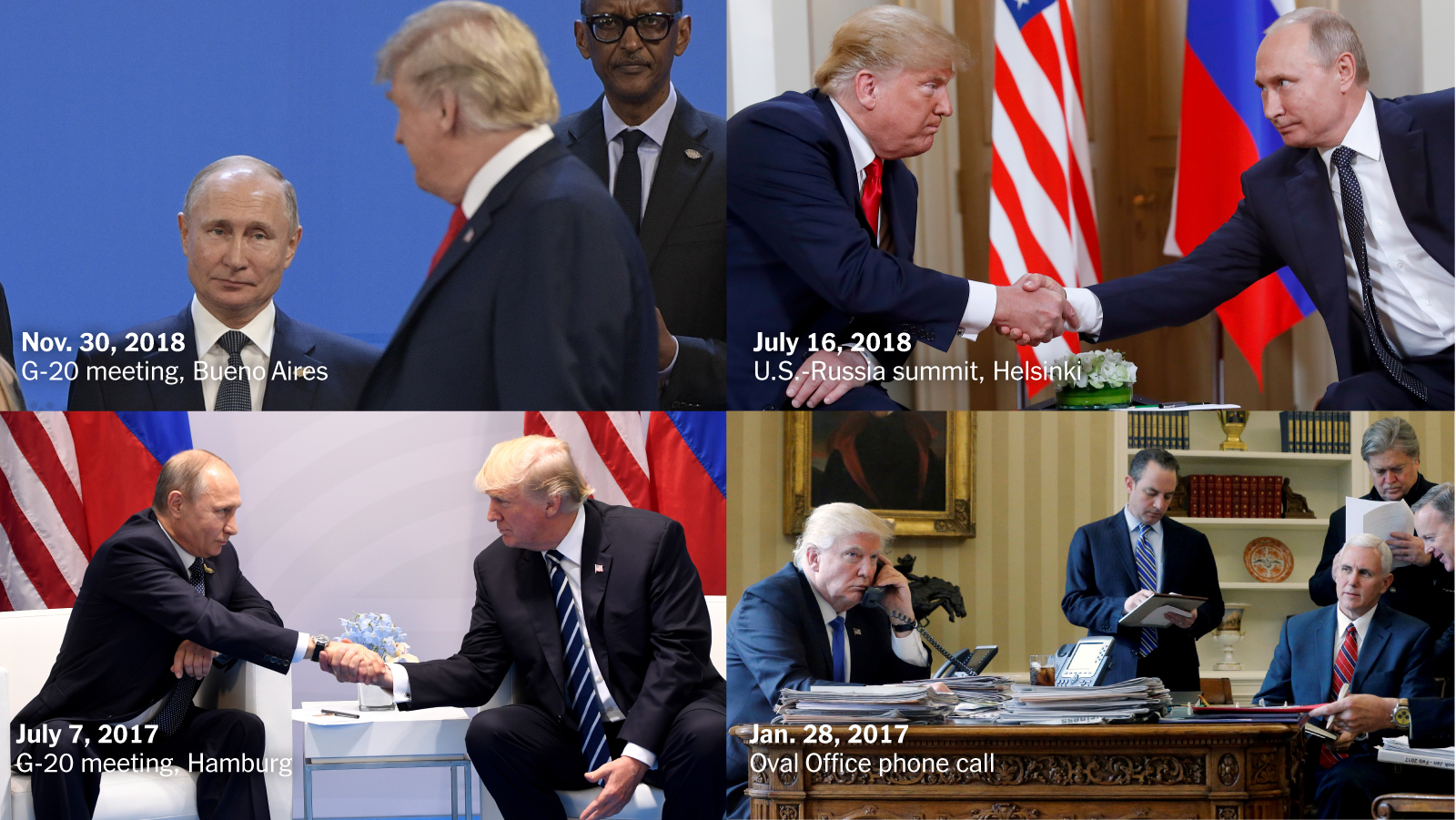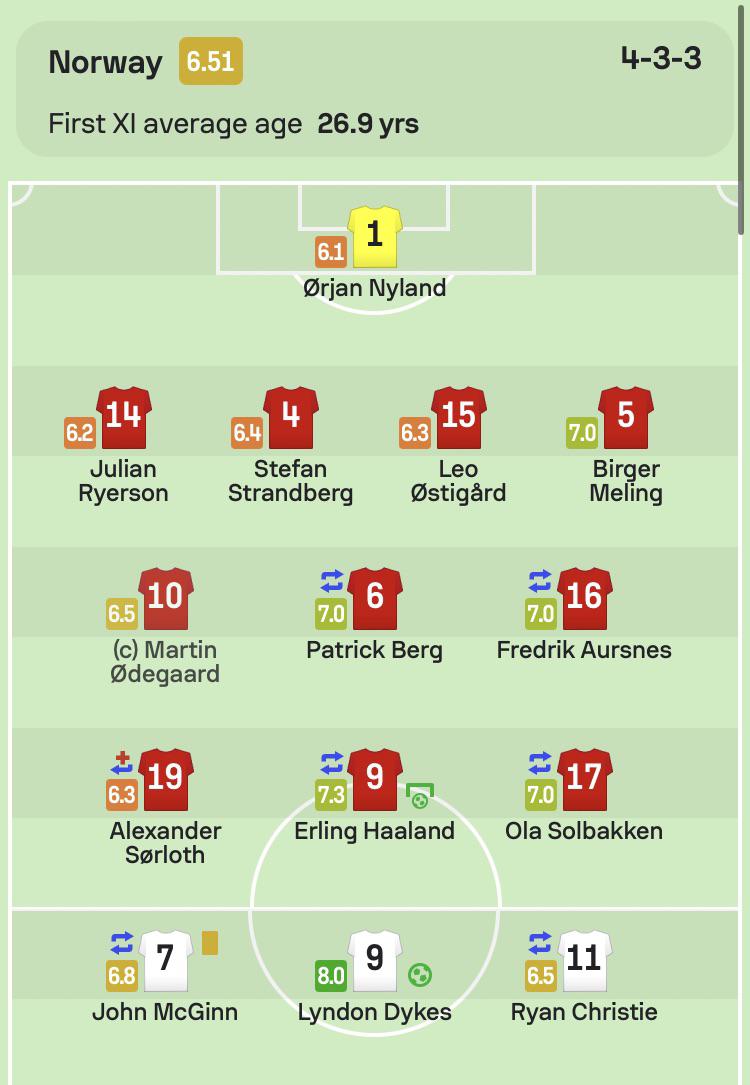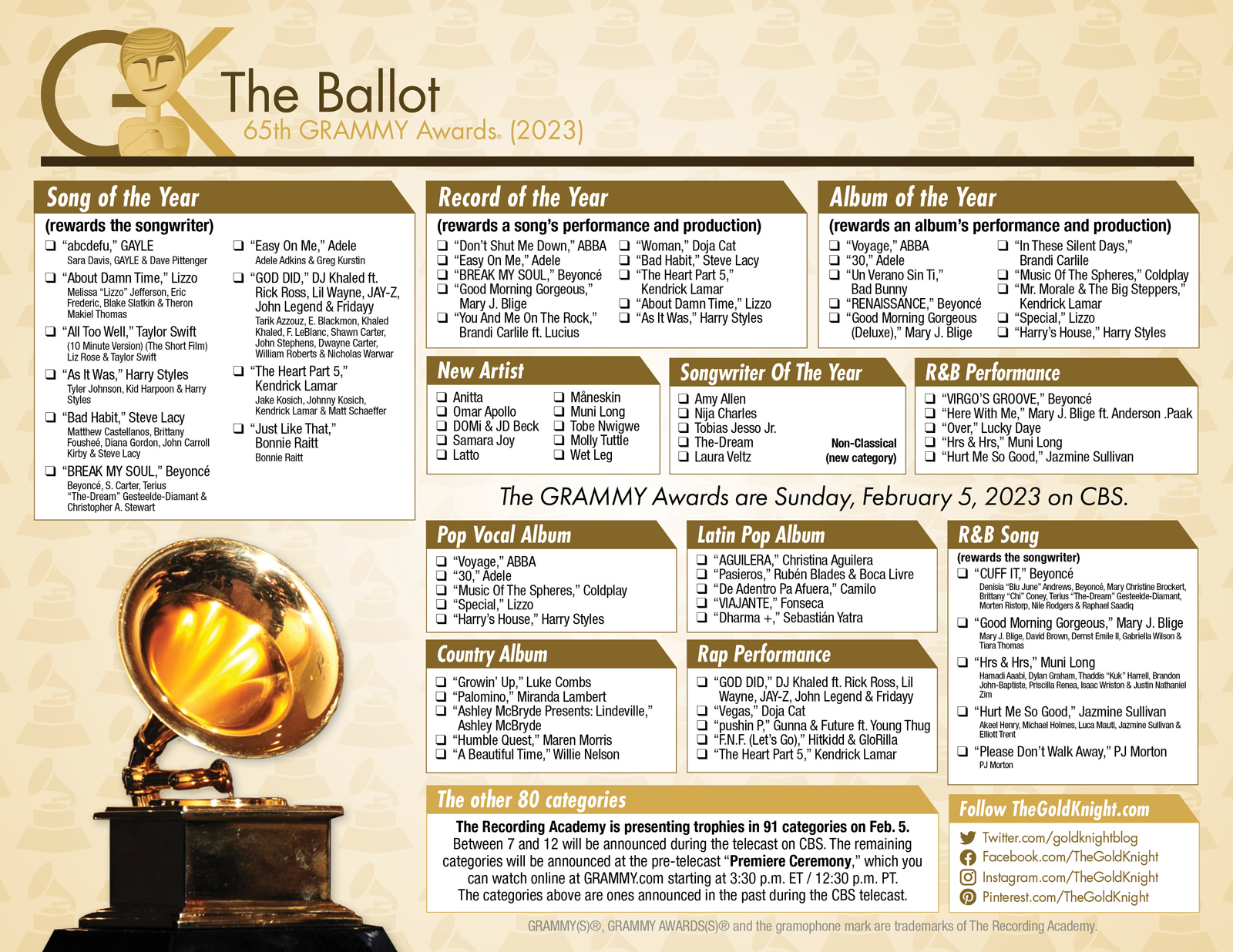Trump To Speak With Putin Following Stalled Russia-Ukraine Negotiations

Table of Contents
The Context of the Stalled Russia-Ukraine Negotiations
The reported phone call between Trump and Putin occurs against a backdrop of significantly stalled Russia-Ukraine negotiations. Several key sticking points continue to hinder any meaningful progress toward a peaceful resolution.
Key Sticking Points in the Negotiations
Several major unresolved issues are blocking progress in the Russia-Ukraine negotiations. These include:
- Territorial Disputes: The ongoing dispute over the territorial integrity of Ukraine, including Crimea, annexed by Russia in 2014, and the Donbas region, where Russia-backed separatists control significant territory, remains a major obstacle. Resolving these territorial claims is a prerequisite for any lasting peace agreement.
- Security Guarantees: Ukraine seeks robust security guarantees from the international community, particularly concerning its sovereignty and territorial integrity. Reaching a consensus on the nature and scope of these guarantees is proving challenging.
- Status of Crimea and Donbas: The future status of Crimea and the Donbas region is another critical point of contention. Ukraine insists on the restoration of its territorial integrity, while Russia's position remains unclear. The lack of agreement on these issues is a significant impediment to progress.
- War Crimes and Accountability: The alleged war crimes committed during the conflict require a mechanism for accountability and justice. This complex issue adds another layer to the already challenging negotiations.
International Community's Response to the Stalled Talks
The international community has responded to the stalled Russia-Ukraine negotiations with a mix of condemnation, diplomatic pressure, and humanitarian aid.
- European Union: The EU has strongly condemned the stalled talks and imposed further sanctions on Russia. The EU's response demonstrates its commitment to supporting Ukraine's sovereignty and territorial integrity.
- NATO: NATO has reiterated its unwavering commitment to supporting Ukraine's sovereignty and territorial integrity within its internationally recognized borders. NATO has significantly increased its military presence in Eastern Europe to deter further Russian aggression.
- United States: The US has provided significant military and financial aid to Ukraine, while also leading international efforts to impose sanctions on Russia. The US continues to play a crucial role in coordinating the international response to the conflict.
- United Nations: The UN has played a crucial role in providing humanitarian aid to Ukraine and has repeatedly called for a peaceful resolution to the conflict. However, the UN Security Council's effectiveness has been hampered by Russia's veto power.
Trump's Reported Conversation with Putin: Motivations and Implications
The reported conversation between Trump and Putin adds a new layer of complexity to the already volatile situation. Understanding the potential motivations behind this call and its likely consequences is crucial.
Potential Motivations Behind the Call
Several potential motivations may drive Trump's decision to speak with Putin:
- Political Maneuvering: Trump might be attempting to use his perceived influence with Putin for political gain, potentially shaping the narrative around the conflict to his advantage.
- Personal Relationships: Trump’s past interactions with Putin suggest a potential personal relationship, which could influence the conversation and its outcomes.
- Genuine Attempt at De-escalation: While less likely given the political context, the call could represent a genuine, albeit unlikely, attempt to de-escalate the conflict through direct engagement. However, this possibility requires significant skepticism.
Potential Consequences and Impact on the Conflict
The Trump-Putin conversation could have several significant consequences, both positive and negative:
- Renewed Diplomatic Efforts: The call could potentially pave the way for renewed diplomatic efforts and create a pathway toward de-escalation, however unlikely this may seem.
- Undermining International Efforts: Conversely, the conversation could be perceived as undermining international efforts and emboldening Russia, further complicating the already fragile situation.
- Increased Tensions: The call might inadvertently increase tensions, particularly if it is perceived as favoring one side over the other.
- Shift in Diplomatic Strategies: The conversation might lead to a significant shift in diplomatic strategies, potentially affecting the involvement of other international actors.
The Role of International Diplomacy in Resolving the Crisis
Resolving the Russia-Ukraine conflict requires a sustained and comprehensive approach relying heavily on international diplomacy.
The Importance of Continued Dialogue and Negotiation
Continued dialogue and negotiation are essential to finding a peaceful resolution. Multilateral engagement and international cooperation are crucial to addressing the multifaceted nature of the conflict. A collaborative approach involving all key stakeholders is necessary to build trust and facilitate meaningful progress.
The Limits of Bilateral Engagements
While bilateral engagements, such as the reported Trump-Putin conversation, can play a role, they have inherent limitations. A broader, inclusive approach involving all relevant parties, including Ukraine, Russia, and the international community, is necessary to address the complexities of the situation effectively. Relying solely on bilateral talks risks undermining the broader diplomatic efforts and overlooking the perspectives of crucial stakeholders.
Conclusion
The stalled Russia-Ukraine negotiations and the impending Trump-Putin conversation mark a significant turning point in the conflict. While the motivations and consequences remain uncertain, the situation highlights the critical need for sustained international diplomacy and a multifaceted approach to resolving this complex crisis. The potential impact of this communication on future negotiations and the broader geopolitical landscape requires close monitoring and careful analysis. The interplay between these events and the larger geopolitical landscape demands close attention.
Call to Action: Stay informed about the evolving situation surrounding the Russia-Ukraine negotiations and Trump's interaction with Putin. Follow reputable news sources for accurate and timely updates on this critical development. Understanding the complexities of this conflict and the ongoing diplomatic efforts is crucial. Learn more about the ongoing efforts to resolve the Russia-Ukraine conflict and stay updated on the latest developments.

Featured Posts
-
 31 000 Raised To Save Uk Festival From Environmental Closure
May 19, 2025
31 000 Raised To Save Uk Festival From Environmental Closure
May 19, 2025 -
 Fsu Shooting Victims Father Was A Cia Operative
May 19, 2025
Fsu Shooting Victims Father Was A Cia Operative
May 19, 2025 -
 Haaland Leads Norway To 5 0 World Cup Qualifying Rout
May 19, 2025
Haaland Leads Norway To 5 0 World Cup Qualifying Rout
May 19, 2025 -
 Retirement Announcement 5 Time Grammy Nominees Final Performance In May
May 19, 2025
Retirement Announcement 5 Time Grammy Nominees Final Performance In May
May 19, 2025 -
 Royal Mail Unveils Eco Friendly Digital Postboxes With Solar Power
May 19, 2025
Royal Mail Unveils Eco Friendly Digital Postboxes With Solar Power
May 19, 2025
